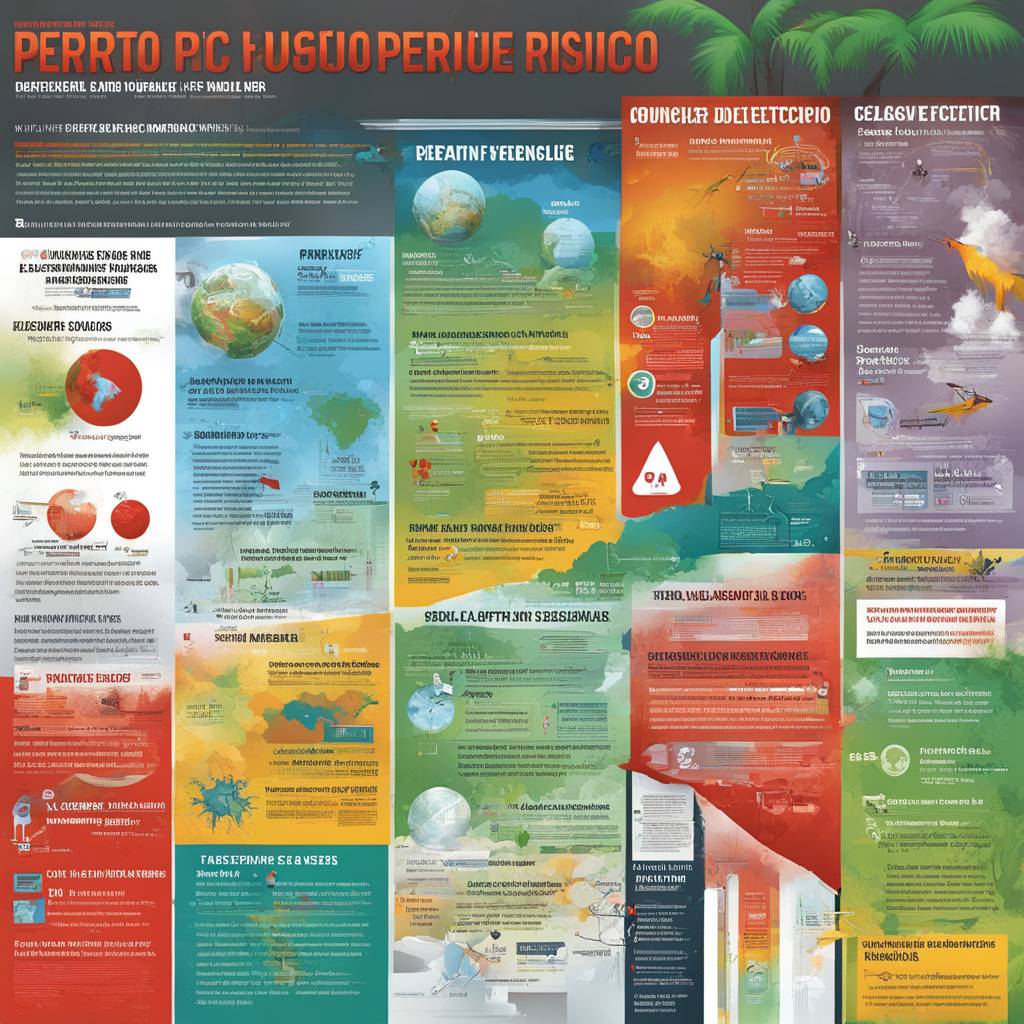Puerto Rico is currently facing an epidemic of dengue fever, with the number of cases rapidly increasing in the U.S. territory. The Department of Health in Puerto Rico has reported at least 549 cases and more than 340 people have been hospitalized due to the virus. The increase in cases compared to the same period last year has raised concerns among officials, with Health Secretary Carlos Mellado López monitoring the situation closely. The department has called for all sectors of society to work together to prevent the spread of the virus and protect the population from infection.
The Centers for Disease Control and Prevention (CDC) issued a Level 1 travel warning to American travelers in light of the dengue fever epidemic in Puerto Rico and other countries. Several countries have reported an increased number of dengue cases, including Argentina, Brazil, Colombia, and others. Since dengue is transmitted through mosquito bites, travelers to risk areas are advised to take precautions such as using insect repellent, wearing protective clothing, and sleeping in screened or air-conditioned rooms. The symptoms of dengue fever can range from mild to severe, including headaches, fever, vomiting, and a rash. Severe cases can lead to plasma leakage and even death, making prevention crucial.
Preventing the spread of dengue fever is essential to protect public health and reduce the burden on healthcare infrastructure in Puerto Rico. The government is calling on all residents to take necessary precautions to avoid mosquito bites and prevent infection. With the rising number of cases, it is important for individuals to be aware of the symptoms of dengue fever and seek medical attention if they experience any concerning signs. By working together as a community, Puerto Rico can mitigate the impact of the epidemic and prevent further spread of the virus.
The global increase in dengue cases highlights the need for collective action to address mosquito-borne diseases and protect public health. Countries across the world are grappling with the challenges posed by dengue fever and other similar illnesses, emphasizing the importance of prevention measures and early detection. By raising awareness about the risks associated with dengue fever and implementing strategies to combat mosquito populations, communities can reduce the prevalence of the virus and safeguard vulnerable populations. Efforts to improve sanitation, control mosquitoes, and provide access to healthcare are critical components of a comprehensive response to dengue fever.
The impact of dengue fever on public health can be devastating, particularly in areas where the virus is endemic. Severe cases of dengue fever can result in hospitalization, organ failure, and potentially death, highlighting the urgent need for effective prevention and treatment strategies. By investing in research, surveillance, and healthcare infrastructure, governments can strengthen their capacity to respond to outbreaks of dengue fever and other mosquito-borne diseases. Collaboration between government agencies, healthcare providers, and community organizations is essential to address the multifaceted challenges posed by dengue fever and protect the well-being of populations at risk.
In conclusion, the dengue fever epidemic in Puerto Rico underscores the importance of vigilance, preparedness, and collaboration in combating infectious diseases. By implementing comprehensive prevention measures, raising awareness about the risks of dengue fever, and strengthening healthcare systems, communities can reduce the impact of the virus and protect vulnerable populations. The ongoing efforts to address the dengue fever epidemic in Puerto Rico are a testament to the resilience and determination of individuals and organizations working together to safeguard public health and well-being.













